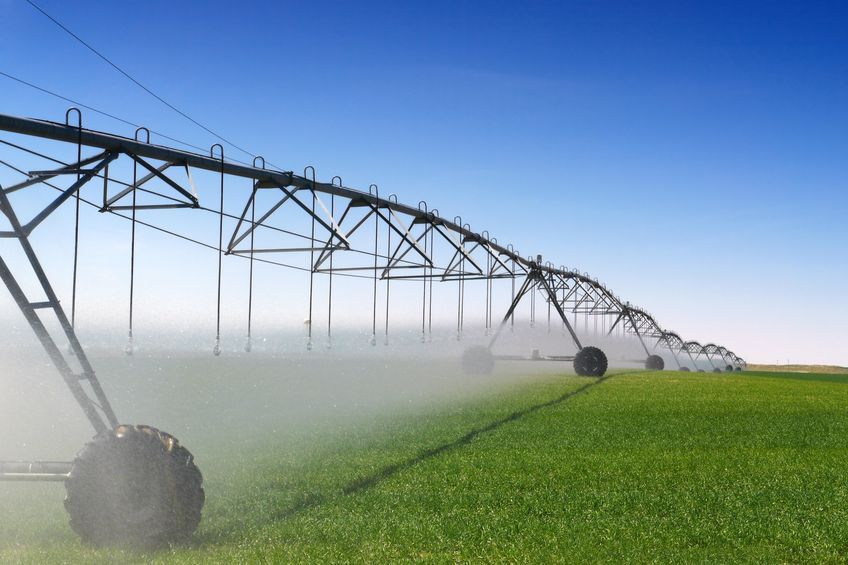
The NFU has welcomed a new framework to address water management issues, including a measure to make it easier to move water where it's needed.
The Environment Agency has published a document which sets out how the government will address the issues around water management in the UK.
It seeks to ease pressure on future supplies by reducing demand to an average of 110 litres per person per day by 2050 and improving water efficiency across all sectors.
New reservoirs, water re-use schemes and desalination plants could also be constructed, as well as reducing the use of drought measures that can impact the environment.
Responding to the publication, NFU Deputy President Stuart Roberts said the Environment Agency has taken on some of the union's recommendations.
It comes as the organisation warned recently that farmers face a 'greater risk' over their future access due to increased demand from other users and climate change.
“The publication of this framework is an important step and we now need to see the government working with farmers to drive forward climate and water friendly food production,” he said.
“For the past three years the NFU has been pushing hard for a strategy which will help farmers plan for challenging weather, provide protections for farmland against flooding and drought, and pay farmers to store water – something which I believe will become an increasingly important service for society."
The framework also sets out the challenges that water-intensive industries such as agriculture are likely to face across the UK as a result of climate change, and how it can be overcome.
Five regional groups will now work up plans tailored to the specific needs of their individual area, bringing together the 17 English water companies, industry regulators and other water users.
The framework will guide these groups and deliver a national blueprint for future water resources planning from 2025 to 2050 and beyond.
